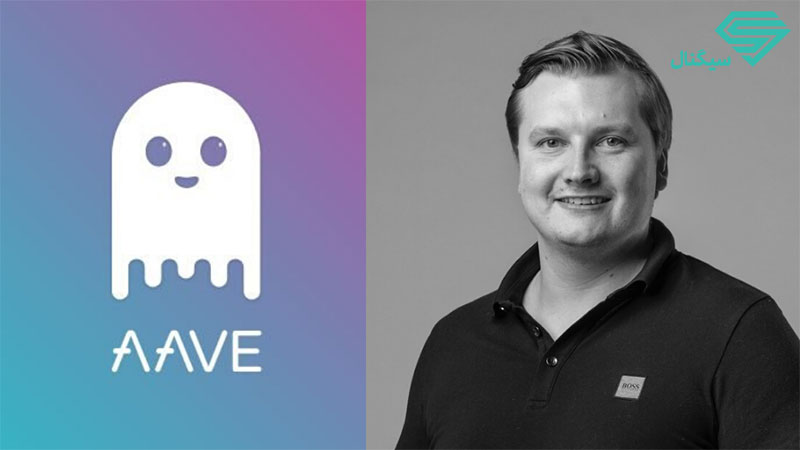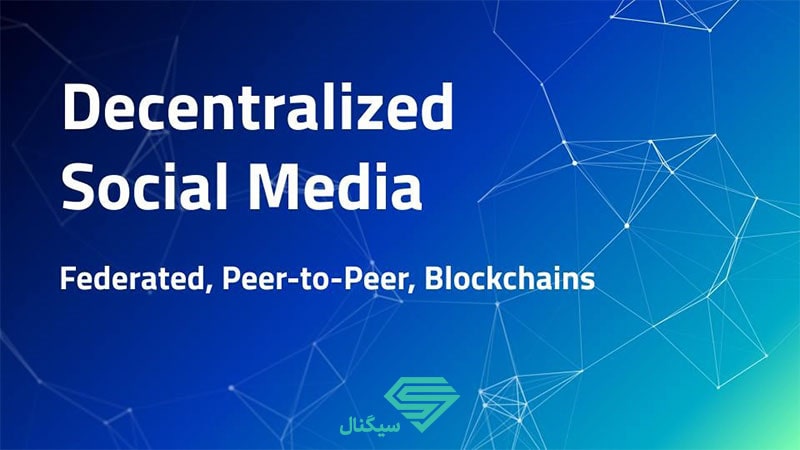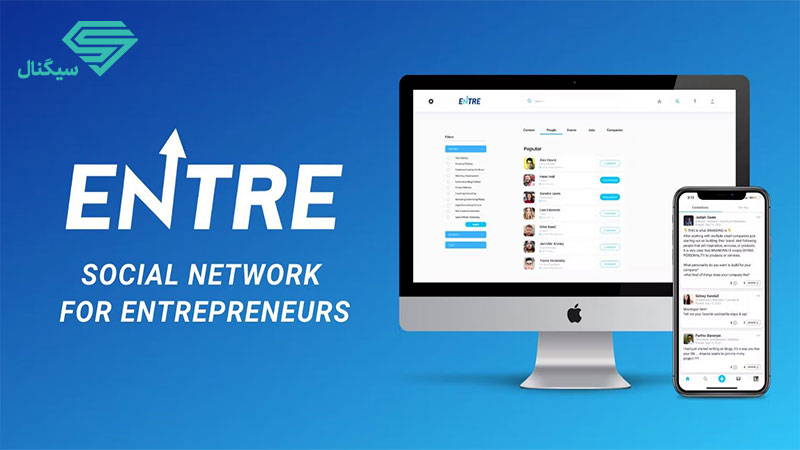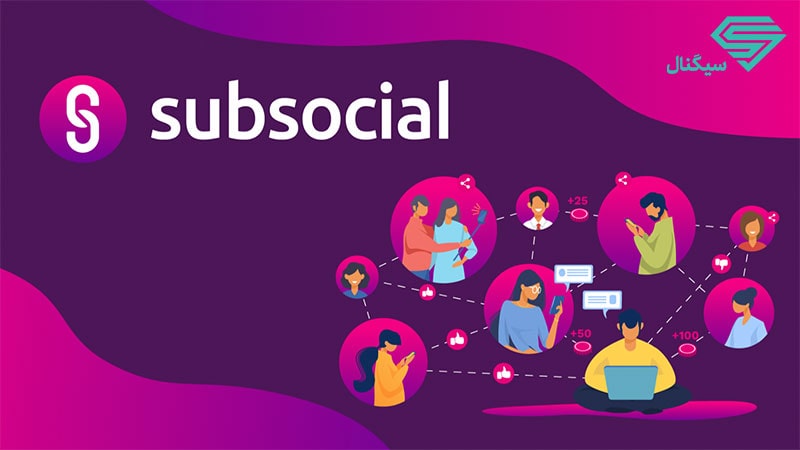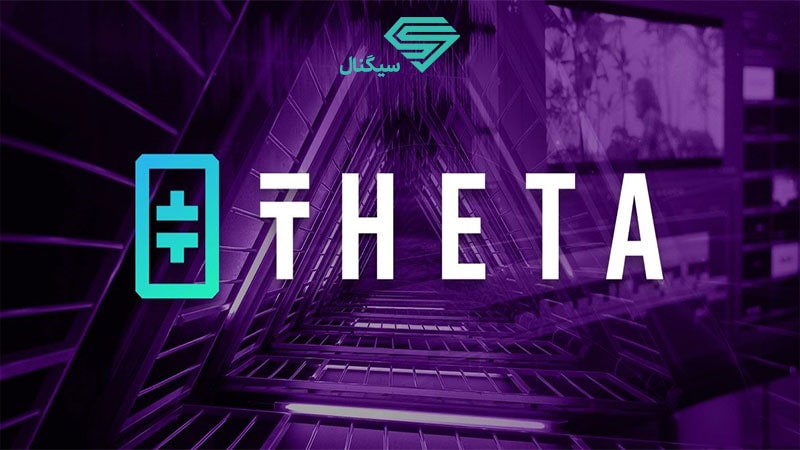Decentralized social networks
In recent months, NFT tokens and the Metaverse world have been the hottest topics in crypto. Now some developers are thinking of unveiling a new phenomenon. Decentralized social networks can be the next surprise in the crypto world.
Why do we need decentralized social networks?
Social media has changed the world in recent years. Many people today spend hours browsing the Internet. Businesses and influencers also make money from these networks.
In recent years, some countries have tried to have more control over social media. Political issues, ethical norms, scams, and cyberattacks have enabled related organizations to control the data exchanged on social networks. While this can help prevent and track cyber-attacks, privacy advocates oppose these processes. Decentralized social networks will be developed so that the information exchanged can no longer be traced.
Another challenge for social media content producers is to guide users’ minds by the managers of these networks. These people believe that the content they produce enters into unfair distribution and display processes. Social networks show content to users based mostly on commercial criteria and advertising. These platforms seek to achieve their organizational and financial goals before thinking about publishing useful and practical content. So it is not unlikely that immoral, stolen, or yellow content will spread quickly and go viral on social media. For this reason, in many cases, useful and useful content does not have much chance to attract an audience.
Another issue that causes users’ dissatisfaction is the censorship of content and the creation of legal frameworks. Although social networks claim that they do not share their information with governments, it has often been seen that these platforms have succumbed to government orders and pressure. This sometimes makes users angry. Social networks are developed under the slogan of free communication and international interaction but ultimately must obey political rules. These popular platforms have often been forced to remove content, block users, be politically orient, and so on.
A decentralized social network restores power to the people
Stand Kulechov, CEO of the Aave Foundation, believes that content creators should have free channels for distributing and disseminating content resistant to censorship and correction. Last year, Kolchev announced that the Ave development team would consider creating a Twitter-like platform on the Ethereum.
Michael Mara, founder and CEO of a social media program running on the Chinese blockchain, believes that decentralized social media is about “restoring power to the people.” According to him, one of the problems of centralized platforms is censorship. While the other problem is earning money, we will talk more about both of these problems later.
Michael Marra, founder and CEO of the Entre platform believes the Chinese blockchain social network is the best tool for restoring power to the people. The Entre platform is a social network developed on the DeSoto blockchain. We will talk more about this network in the following.
What is a blockchain-based social network, and how do they work?
Traditional social platforms can be called data kings. For example, all data exchanged on the Twitter platform is recorded and processed by the company’s servers. The same is true of Instagram, Telegram, and other popular centralized networks.
On the other hand, decentralized social networks have been developed in the context of the Chinese bloc. Transactions and data transfers will be stored encrypted on this platform. Anyone can become a network node and participate in data recording and processing processes.
Decentralized social networking, like traditional platforms, has algorithms for publishing content. There are also capabilities designed to search for users and find contacts on these networks.
The most popular decentralized social networking projects
Desu Network is a Layer 1 blockchain designed specifically for the development of social networks. China Blockchain technology is open source, and all development codes are available to everyone. So, developers can easily design and run their software and platforms on this network. Creating profiles and using the services of these networks is also usually free.
IN BETWEEN
Entre is a blockchain-based social network. The word Entre stands for Entrepreneur. This program is a social network in web space 3. In this network, freelancers, traditional business owners, and merchants can introduce their capabilities, services, and products to others. It is also possible to hold events and attract new employees to this network. This platform can be considered a decentralized alternative to LinkedIn, Zoom, and Google Calendar.
SUBSOCIAL
A subsocial platform is a platform for the development of social networks. Developers can design their network and software or customize open-source networks in this context. This platform was developed on the Polkadot blockchain, and its first product was Reddit-Medium.
It is said that the way profiles are displayed on the Subsocial platform will change soon, and the IPFS content ID will be used to introduce users.
Other projects
While developers of Entre and Subsocial projects build the next generation of Web3 decentralized social platforms and applications, other platforms such as Theta and Audius are integrating social media tools into video and audio streaming services.
Theta is another decentralized social network. This platform is peer-to-peer for sharing video content. Steve Chen, one of the founders of YouTube, believes that this project can revolutionize the field of video content.
Audius is another blockchain-based social network developed in the Solana blockchain. Access to a huge bank of audio and music files and earning money for audio content producers is one of the goals of the Odyssey project.
How will China’s Blockchain social network prevent the spread of harmful content?
Few people may agree with censorship, but certainly, no sane adult advocates bad content. In this section, decentralized social networks will get help from users. In these networks, users will report immoral or illegal content and help remove the content producer and clear the platform.
Many believe that deleting a post or cutting off a user’s access can not be a practical and fundamental measure to prevent the promotion of illegal and immoral content. Proponents of blockchain-based decentralized social networking believe that the production and dissemination of this type of content are always done, and even centralized platforms cannot control it. This shows that all algorithms for detecting and detecting illegal mail are merely a control process, A process that tries to prevent a hidden force from becoming active.
The development of decentralized platforms will increase the need for the presence of community members in social networks. With the help of ordinary users, it is possible to discover and remove bad content. The faster the users’ reactions, the healthier the platform will be. It should be noted that the social network is the only view of society.
China’s blockchain social network economic ecosystem
Decentralized social networks strive for a more equitable distribution of income. YouTube, for example, accounts for about 45% of advertising revenue. A blockchain-based social network is more equitable, saving on advertising costs and increasing content generator revenue.
The Deso Foundation has developed DESO tokens for financial transactions and encryption of social networks developed in this blockchain. This token will make it easier for content creators to monetize. Ticket sales rewards when using content, content purchasing, consulting, and coaching are some of the uses of the DESO token. Theta platform also has two tokens, THETA and TFUEL. Audius social network users also use AUDIO tokens for financial transactions.
Conclusion
Decentralized social networks have the potential to change the situation in favor of users and content creators. With the advent of Web 3, we will probably see the expansion of these networks. Many predict that in the coming years, users will slowly become interested in using the new decentralized social network, and power will return to the people.











